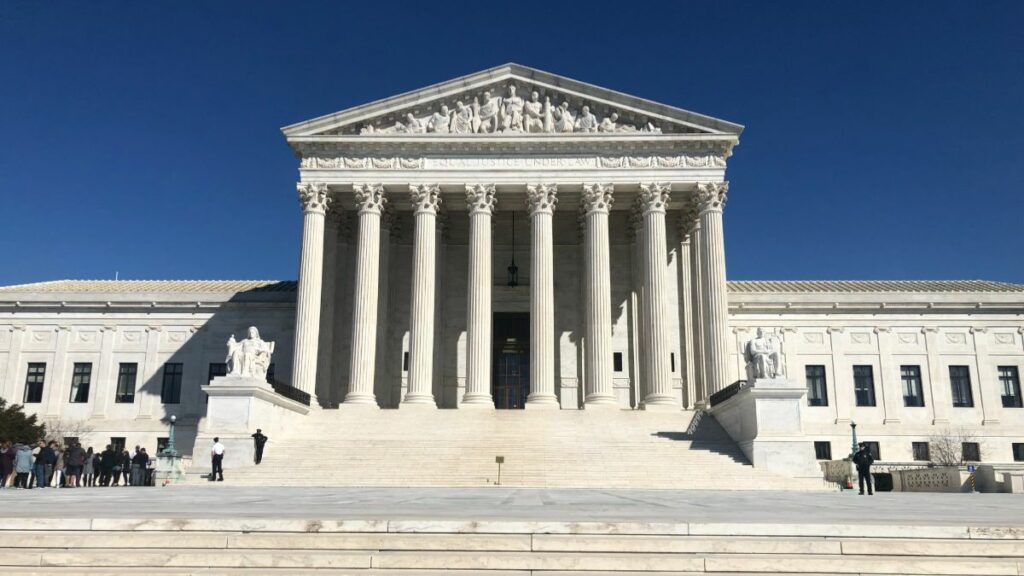In a unanimous ruling by the US Supreme Court today in the case of Fulton v. Philadelphia, the Court held that the City of Philadelphia violated the First Amendment for refusal to contract with Catholic Social Services (CSS) to provide foster care services because of the agency’s unwillingness to certify same-sex couples as foster parents.
Though the ruling in itself was not surprising to many seasoned Court watchers, the fact that it was handed down with a vote of 9-0 was a bit unexpected. Ed Whalen, writing at National Review Online, points out that, in spite of the unanimity of the holding itself, there were some divergences amongst the Justices as to the legal reasoning involved:
The unanimity on the bottom-line judgment is a big surprise. But it masks a deep divide over whether the Court should have used this case to revisit Employment Division v. Smith, the controversial 1990 case in which a five-justice majority, in an opinion by Justice Scalia, ruled that laws that are neutral and generally applicable do not violate the Free Exercise Clause even if they burden religious liberty.
Thus, while the ruling itself is a great victory for religious liberty, the divisions among the court even amidst agreement demonstrate that some of the issues pertaining to this case will remain live items for debate moving forward, especially regarding whether Smith should ultimately be retained as precedent. The Smith ruling held that laws that are neutral and generally applicable do not violate the Free Exercise Clause even if they burden religious liberty. But there seems to be some skepticism about this dual-pronged test on the current bench. As Whalen succinctly summarizes: “Overall, there would appear to be at least five justices ready (Thomas, Alito, and Gorsuch) or disposed (Barrett and Kavanaugh) to overturn Smith. But Barrett and Kavanaugh are not yet confident what rules should replace Smith.”
With an administration in the White House determined to advance an anti-family and anti-life at every turn, we can be sure that the question of religious freedom in such contexts will be coming up again; and so it will now be in the interest of Court watchers to keep an eye on how Smith is treated in the lower courts, to see whether the Supreme Court will be able to evade the ultimate question of its fate in the future.
